Certified Space and Satellite Security Analyst (CSSSA)
Learn about CSSSA program
- Length: 2 days
- Instructor led
- Online, Onsite and Live Online
The Certified Space and Satellite Security Analyst (CSSSA) certification program is designed to provide professionals with comprehensive knowledge and skills in securing space-based systems and satellite communications from evolving cyber threats.
With a focus on the unique challenges of space and satellite cybersecurity, this two-day course will equip participants with the technical, analytical, and strategic tools needed to protect critical space assets, including satellites, ground stations, and communication links.
Participants will learn about satellite communication vulnerabilities, cyber risk management for space systems, threat detection, and mitigation strategies.
Target Audience:
- Space Systems Engineers
- Cybersecurity Professionals
- Satellite Communication Engineers
- Military and Defense Personnel
- Space and Satellite Operators
- Government Contractors and Space Industry Consultants
- IT Security Managers working in aerospace or defense sectors
Learning Objectives:
By the end of this certification, participants will be able to:
- Understand the role of cybersecurity in space and satellite communication systems.
- Identify vulnerabilities specific to space communication systems and develop strategies to mitigate them.
- Implement encryption and secure data transmission methods for satellite networks.
- Assess and manage cyber risks associated with space-based assets, including satellites and ground stations.
- Analyze real-world case studies of cyber incidents in space systems and learn from emerging threats.
- Detect and respond to cyber threats targeting space and satellite networks, including Advanced Persistent Threats (APTs).
Course Agenda and Modules;
Day 1: Satellite Communications and Space Cybersecurity
9:00 AM – 10:30 AM: Introduction to Space and Satellite Cybersecurity
- Overview of the unique challenges and vulnerabilities of space-based systems.
- The role of cybersecurity in protecting space assets.
- Key threats and vulnerabilities in space communications, including satellites, ground stations, and space-based networks.
10:30 AM – 10:45 AM: Break
10:45 AM – 12:30 PM: Satellite Communications and Cybersecurity
- Encryption and Secure Data Transmission: Best practices for securing satellite communication links.
- Threats to Satellite Communications: Understanding potential vulnerabilities and threat actors.
- Case Study: Cybersecurity incidents in satellite communications and lessons learned.
12:30 PM – 1:30 PM: Lunch Break
1:30 PM – 3:00 PM: Space Cybersecurity Risk Management
- Cybersecurity Risk Management for Space Systems: Identifying and assessing risks in space systems.
- Cybersecurity Strategies for Space Assets: Developing cybersecurity plans tailored to space environments.
- Incident Detection and Response: Effective mechanisms for responding to space-based cyber threats.
3:00 PM – 3:15 PM: Break
3:15 PM – 5:00 PM: Space Communications Vulnerabilities and Exploitation Training
- Assessing Space Communication Vulnerabilities: Analyzing potential weak points in space networks.
- Exploitation Techniques in Space Systems: Understanding how adversaries may exploit vulnerabilities in space-based systems.
- Hands-On Training: Securing space communication infrastructures and counteracting cyber threats.
Day 2: Advanced Space Cybersecurity Concepts and APTs
9:00 AM – 10:30 AM: Cybersecurity Principles for Satellite and Space Systems
- Threat Landscape for SATCOM Systems: Examining cybersecurity threats specific to satellite communications.
- Embedded Systems and SATCOM Security: Understanding security challenges for systems embedded in space and satellite technologies.
- Hands-On Workshop: Exploring SATCOM system vulnerabilities and analyzing embedded hardware and firmware.
10:30 AM – 10:45 AM: Break
10:45 AM – 12:30 PM: Introduction to Advanced Persistent Threats (APT)
- APT Attack Vectors and Techniques: Identifying threat actors and methods used by APTs in space systems.
- Indicators of Compromise (IOCs): Detecting APTs in space and satellite networks.
- APT Countermeasures: Implementing detection and defense strategies against APTs.
12:30 PM – 1:30 PM: Lunch Break
1:30 PM – 3:00 PM: Securing Space-Based Systems from Advanced Persistent Threats
- Analyzing APT Attacks: Real-world case studies of APT attacks on space
Exam Domains:
Space Policy Fundamentals
- Understanding of international treaties and agreements related to space.
- Knowledge of regulatory frameworks governing space activities.
- Familiarity with historical milestones in space policy development.
Cybersecurity in Space Operations
- Understanding of cybersecurity threats and vulnerabilities specific to space systems.
- Knowledge of best practices for securing satellite networks and space assets.
- Awareness of emerging trends and challenges in space cybersecurity.
Risk Assessment and Management
- Ability to conduct risk assessments for space cyber operations.
- Understanding of risk mitigation strategies and contingency planning.
- Knowledge of regulatory compliance requirements related to risk management in space.
Policy Analysis and Development
- Skills in analyzing and evaluating space cyber policies.
- Ability to develop policy recommendations to address emerging threats and challenges.
- Understanding of the policymaking process at national and international levels.
Question Types:
Multiple Choice:
- Assessing knowledge of factual information, definitions, and basic concepts in space policy and cybersecurity.
Scenario-Based Questions:
- Presenting real-world scenarios related to space cyber policy issues and asking candidates to analyze, evaluate, and recommend appropriate actions.
Short Answer/Explanatory:
- Testing deeper understanding by requiring candidates to explain concepts, processes, or principles related to space cyber policy.
Policy Analysis Essay:
- Requiring candidates to critically analyze a given space cyber policy document or scenario and develop a comprehensive policy analysis essay with recommendations.
Passing Criteria:
- Minimum Passing Score: 70%
- Each Domain Weight: Equally weighted (25% each)
- No Negative Marking: Candidates are not penalized for incorrect answers.
- Comprehensive Understanding Required: Candidates must demonstrate a comprehensive understanding of all exam domains to pass.
This structure aims to ensure that Certified Space Cyber Policy Analysts have a well-rounded understanding of space policy, cybersecurity principles, risk management, and policy analysis skills necessary to address the evolving challenges in the space domain.
Need help? Contact us
